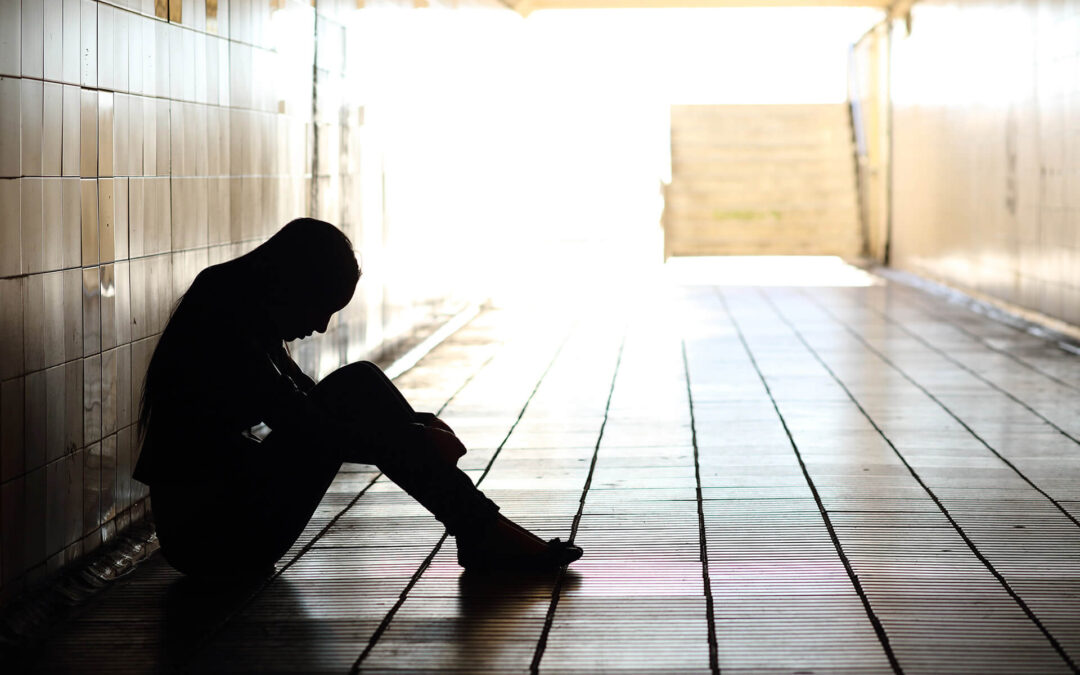Everyone feels low from time to time, but there’s an important difference between everyday sadness and clinical depression. Recognising this difference is not only helpful for understanding your own emotions but also for your long-term health and well-being.
A question you might ask yourself is: What does depression feel like compared to normal sadness? Understanding this distinction helps you identify whether it’s time to see a psychologist for depression in Redcliffe.
What Does Sadness Feel Like?
Sadness is a normal human emotion that’s often a response to specific life events, such as relationship difficulties, the loss of a loved one, or disappointment at work. While it can feel overwhelming in the moment, sadness generally fades with time or when circumstances change.
Some common features of sadness include –
- A clear trigger or cause.
- Feelings that come in waves, sometimes interspersed with lighter moments.
- The ability to still find enjoyment or distraction in other areas of life.
- A temporary experience that tends to lessen as the situation improves
Sadness is uncomfortable, but it’s also adaptive; it signals that something matters to us and often motivates us to seek support or make a change.
What Does Depression Feel Like?
What does depression feel like compared to ordinary sadness? Depression is more than sadness because it’s a complex mental health condition that affects your mood, thoughts, behaviour, and physical wellbeing. It feels heavy and constant, staying with you even when life improves, continuing to interfere with your ability to enjoy and manage your everyday life.
Signs of depression may include –
- A sense of emptiness or numbness, rather than emotion tied to a specific event.
- Loss of interest in activities that once brought you joy.
- Persistent fatigue, difficulty sleeping, or oversleeping.
- Negative thoughts, guilt, or feelings of worthlessness.
- Difficulty concentrating or making decisions.
- Withdrawal from friends, family, and responsibilities.
For many, depression is not something that can be “shaken off.” This is why support from a psychologist for depression in Redcliffe plays a crucial role in your recovery.
The Impact of Depression
Left untreated, depression can affect all areas of your life: work performance may decline, relationships can suffer, and physical health may worsen due to disrupted sleep patterns, changes in appetite, or reduced energy levels. Understanding what depression feels like is the first step toward recognising its impact and acknowledging the need for support.
Seeking help is not a sign of weakness; it’s an important part of managing a health condition. Just as you would see a physiotherapist for a recurring injury in Redcliffe, you would also visit a psychologist for depression.
How a Psychologist Can Help
With a psychologist, you receive evidence-based support tailored to managing your depression. Interventions are personalised and may include –
- Cognitive Behavioural Therapy (CBT) to identify and change unhelpful thought patterns.
- Behavioural activation strategies that encourage gradual re-engagement with meaningful activities.
- Mindfulness and relaxation techniques to improve mood regulation.
- Collaboration with other health professionals if medication or additional supports are needed.
A psychologist will also work closely with you to set achievable goals, monitor your progress, and build long-term coping strategies.
When to Seek Help
If feelings of sadness or emptiness persist for more than a few weeks, significantly interfere with your daily life, or become unmanageable, it may be time to seek professional help. Asking what does depression feel like is often a sign that you’re already aware that something more than sadness is occurring. Visiting a psychologist for depression in Redcliffe can provide both clarity and guidance, helping you move forward with best-practice treatments that support your recovery and long-term resilience.
Moving From Awareness to Action
Recognising the signs of depression in yourself or someone you care about is an important step toward healing. Seeking professional support provides not only treatment but also hope and guidance for building a more balanced and fulfilling future.
If you would like an appointment with a psychologist click here, please call the Scarborough clinic on (07) 3880 1649 and speak to our friendly admin team, who will be happy to find a suitable appointment for you.

